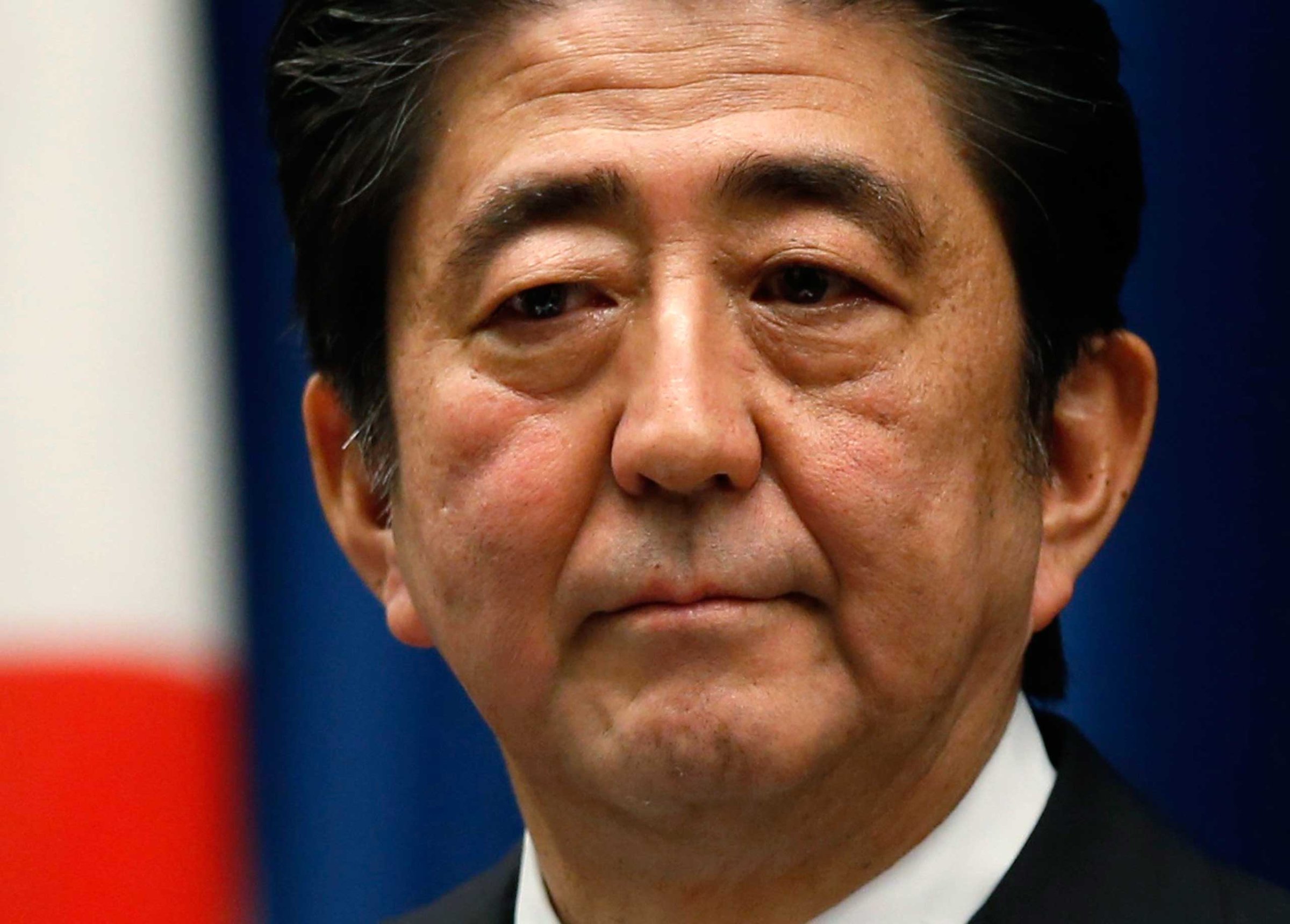
Japanese Prime Minister Shinzo Abe called early elections and delayed by 18 months a second big hike in value-added tax, in an effort to rescue his floundering plan to revive the economy.
Abe told a press conference that he would dissolve parliament and call the elections for December 14, just 26 days from now. Under normal circumstances, his mandate would run for another two years.
The news comes only a day after the shock announcement that Japan’s economy fell into recession in the third quarter, failing to recover–even moderately–from a plunge in output that followed the first stage of a two-stage hike in VAT in April.
Figures released Monday had shown gross domestic product contracting by 1.6% in annualized terms, with all components of the economy falling short of what economists had expected.
Abe’s Liberal Democratic Party currently holds over 294 of the 425 seats in Japan’s lower house, making it likely that it will be hold on to an overall majority barring disasters. However, it is less likely to be able to keep the two-thirds majority that it currently enjoys by virtue of its coalition with the New Komeito Party.
That super-majority, which means it can overrule the upper chamber of Japan’s two-chamber parliament, has been vital for pushing through a radical three-pronged economic strategy–dubbed as ‘Abenomics’–for jumpstarting Japan out of a 20-year struggle with stagnation and deflation.
The strategy revolves around a massive monetary stimulus from the Bank of Japan, and a sharp, two-stage increase in tax on consumption to plug Japan’s yawning government deficit, and deregulation of a range of business activities.
The economy had initially responded well to the first “arrow” of that strategy, with the yen falling sharply and fears of deflation fading in response to the Bank of Japan’s stimulus. Exporters also benefited, with companies like Toyota Motor Corp. posting sharp increases in sales and raising its full-year profit forecast after two strong quarters. But the 5% increase in VAT killed all momentum in the domestic economy, sending both consumption and business investment into reverse all through the spring and summer.
With signs of the “deflationary mindset” returning, the Bank of Japan ramped up the printing presses again at the start of the month. Abe admitted that the first tax hike had hit consumption and said that going ahead with the second stage, initially planned for next October, would jeopardize Japan’s chances of winning its battle with deflation.
More Must-Reads from TIME
- Donald Trump Is TIME's 2024 Person of the Year
- Why We Chose Trump as Person of the Year
- Is Intermittent Fasting Good or Bad for You?
- The 100 Must-Read Books of 2024
- The 20 Best Christmas TV Episodes
- Column: If Optimism Feels Ridiculous Now, Try Hope
- The Future of Climate Action Is Trade Policy
- Merle Bombardieri Is Helping People Make the Baby Decision
Contact us at letters@time.com